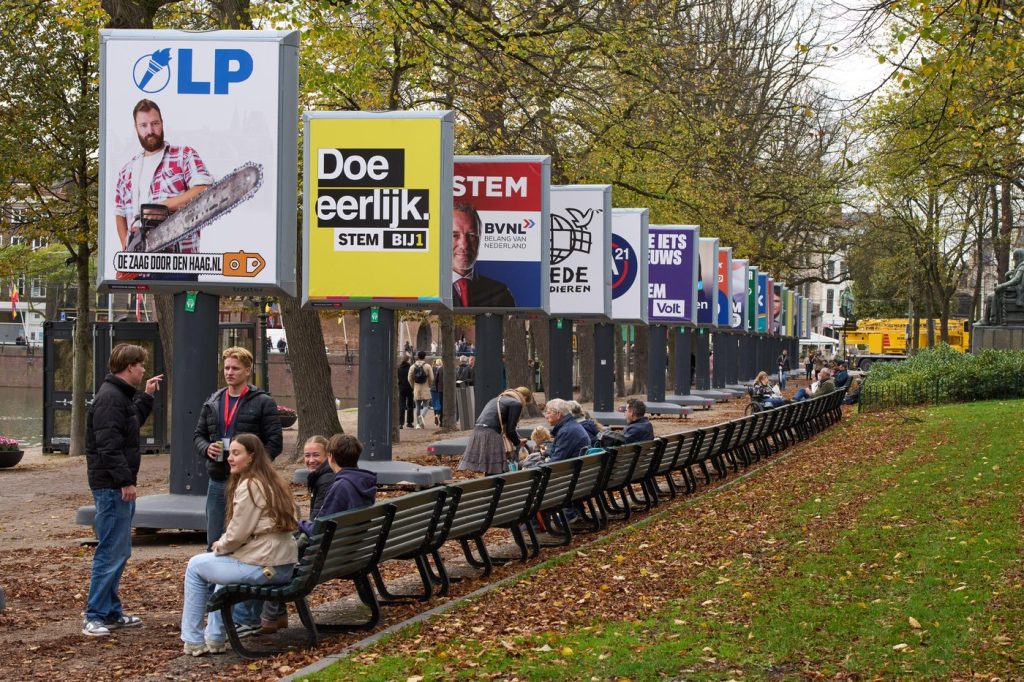THE HAGUE, Netherlands (AP) — Dutch voters are heading to the polls on Wednesday for a general election marked by razor-thin margins and significant national issues. The campaign themes prominently include migration, a housing crisis, and the potential for collaboration with Geert Wilders, the leader of the anti-Islam Party for Freedom (PVV), if he repeats his impressive electoral success from two years ago.
This election occurs in a climate of intense polarization within a nation of 18 million people, also marred by outbreaks of violence at recent anti-immigration rallies in The Hague, as well as protests across the country against new asylum-seeker centers. Polls indicate that Wilders' party is poised to secure the largest number of seats in the 150-seat House of Representatives, though other moderate parties are narrowing the gap. Pollsters caution that many voters often make their final choices very close to the election.
Voting will commence at 7:30 a.m. and conclude at 9 p.m. Local broadcasters are set to release an exit poll immediately following the close of voting, with updates expected approximately 30 minutes later. Voters will have the opportunity to cast their ballots at diverse venues, ranging from city halls and schools to historic windmills, churches, a zoo, and even the celebrated Anne Frank House museum in Amsterdam.
Once the election results are announced, there will begin a crucial negotiation period to form the next coalition government. Given the Netherlands’ system of proportional representation, it is virtually guaranteed that no single party will command outright authority. Mainstream political parties have publicly ruled out any collaboration with Wilders, citing his past actions, including the collapse of the four-party coalition earlier this year due to a conflict over immigration controls, as indicative of his unreliability as a coalition partner.
Rob Jetten, the leader of the center-left D66 party, which has gained momentum as the campaign progressed, expressed during a final televised debate that while his party desires to cut back on migration, it also acknowledges the need to accommodate asylum-seekers fleeing violence and war. He urged voters to choose “a positive energy” to tackle the issues at hand rather than succumbing to what he termed Wilders’ “grumpy hatred” for another two decades.
Frans Timmermans, the former vice president of the European Commission and current leader of the center-left coalition of the Labour Party and Green Left, also criticized Wilders during the last debate, expressing his anticipation for what he hopes will be “the end of the Wilders era.” Despite facing considerable opposition, Wilders dismisses claims that he has failed to fulfill his 2023 campaign promises, blaming other parties for obstructing his proposals.
The election outcome may significantly affect the New Social Contract party, which gained 20 seats in the last election as part of the outgoing coalition. Current polls suggest a potential complete loss of seats for this party, attributing its decline to a backlash against its alliance with Wilders and the recent resignation of its popular leader, Pieter Omtzigt, who cited mental health concerns as his reason for leaving politics in April.











